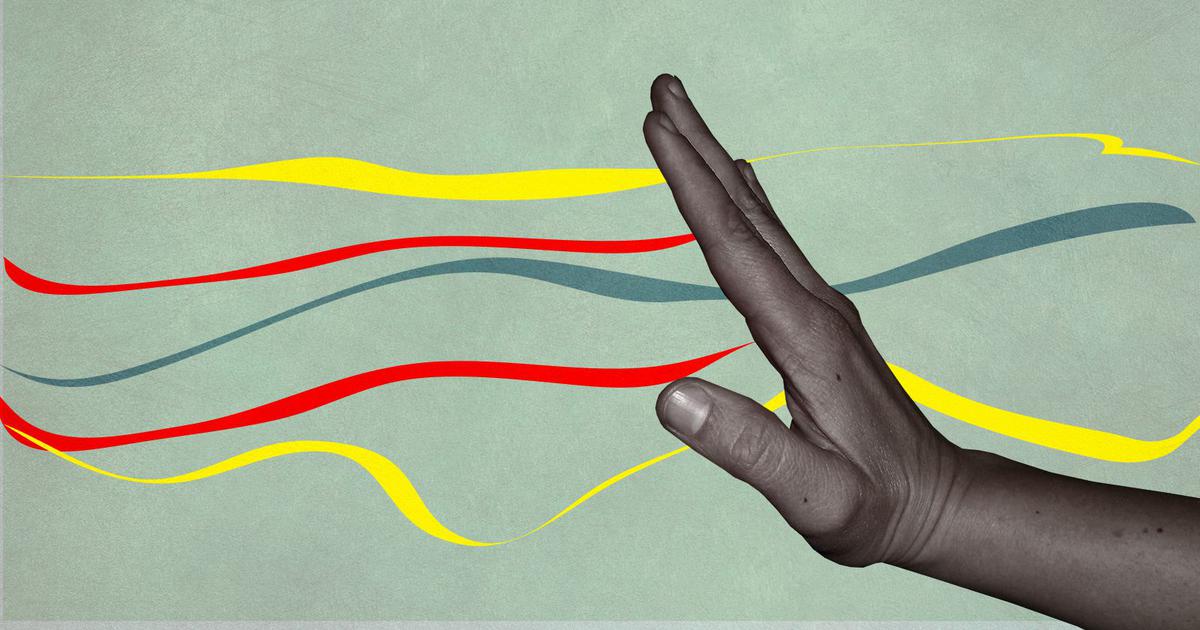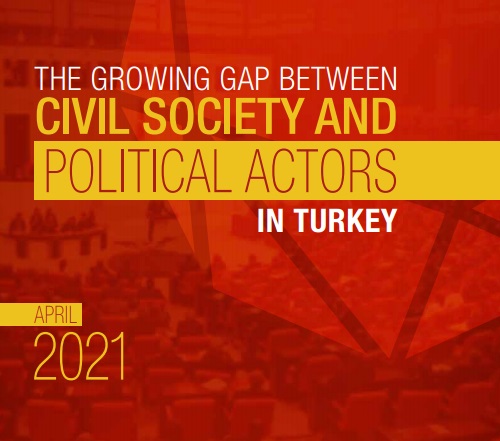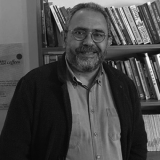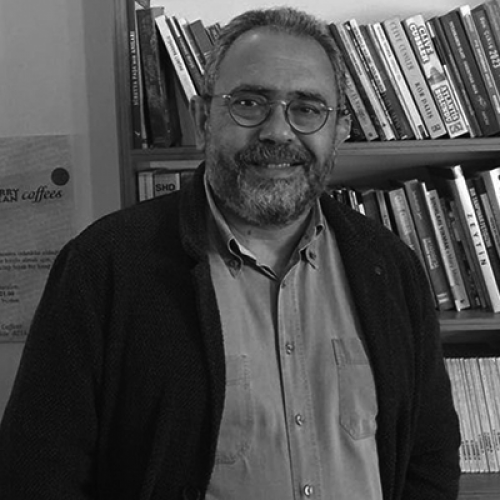Symptoms of ‘Power Reflux’ in Turkey

The Turkish society appears to be on a dangerous journey to the grim wasteland of totalitarianism. So, what exactly is unhealthy and dysfunctional about the Turkish democracy?
That in the last decade Turkey has been steadily moving away from the ideal of a healthy and functional democracy is hardly news. With the declaration of an emergency rule in the aftermath of the failed coup of July 15th, 2016, with the 2017 adoption of constitutional amendments, which got rid of the concept of separation of powers and introduced a new system of government concentrating all power in the office of the presidency and with a 2018 legislation which integrated the exceptional measures of the emergency rule into ordinary law, Turkey’s slip into authoritarianism has long ceased to be a disconcerting possibility and assumed the indisputable character of a current reality.
 That said, the question ‘what is exactly unhealthy and dysfunctional about the Turkish democracy?’ is still worth asking. It is worth asking not only because the Turkish government still insists on calling the political system it operates “a democracy,” but also because popularity and approval ratings consistently measured between 40 to 50 give the government a seemingly legitimate excuse to make that claim.
That said, the question ‘what is exactly unhealthy and dysfunctional about the Turkish democracy?’ is still worth asking. It is worth asking not only because the Turkish government still insists on calling the political system it operates “a democracy,” but also because popularity and approval ratings consistently measured between 40 to 50 give the government a seemingly legitimate excuse to make that claim.
Luckily the qualitative evidence presented in two recently released civil society reports, one by Civil Pages focusing on “the growing gap between civil society and political actors”[1] and the other by the Observatory For the Protection of Human Rights Defenders (Observatory) documenting “the shrinking space of the freedom of association”[2] in Turkey allow us to venture an answer to that question. In a moment I will divulge that answer and turn to those reports.
But let me first clarify what I mean by a ‘healthy and functional democracy.’
Healthy and functional is a democracy, where public opinion guides governmental policymaking and where elected governments are held accountable in the ultimate court of the public opinion for the successes or failures of the policies, they implement through the public administrative machinery of the state bureaucracy. Thus, for example, Juergen Habermas, one of the foremost theorists of democracy of our times, conceptualizes democratic politics as a dynamic process of political opinion and will formation — a process, in which discernible bundles of public opinion on matters of common concern are formed in and through reasoned political exchanges in an unrestrained political public sphere, open to all concerned citizens as equal and free participants. Those bundles of public opinion are then translated into the deliberatively formed legislative will of an elected parliament, which, in turn, authorizes and charges the government with the task of making and implementing policies reflecting that legislative will; and ultimately the public opinion in which that will is rooted.[3]
Furthermore, in healthy and functional democracies elected governments invariably make sure that they involve civil society organizations and actors in their policy and decision-making processes. They do this not because a mysterious, inexplicable generosity morally compels them to share their power with the latter, but because doing so is the best way to ingratiate themselves with the public opinion. And doing so improves their chances for a possible re-election. For one thing, civil society organizations and actors are usually situated much closer to the everyday lives of the common citizens than the centralized and formally structured mechanisms of the cumbersome state bureaucracies. Therefore; by incorporating civil society perspectives into their policy-making processes, elected governments can better align themselves with the concerns and priorities of those, whose favorable opinions they need to get re-elected — namely the common citizens. For another, the specialized focus and expertise of the civil society organizations on specific issue areas and/or localities can be put to good use by governments in developing and implementing better targeted and more effective policies which, in turn, can get them even more ‘brownie points’ from the public opinion.
 Additionally, democracies are deemed healthy and functional also to the extent that governmental policies – made and implemented with the involvement of the civil society organizations – remain subject to further monitoring and critical scrutiny; not only by the elected legislators in the parliament, but also by independent civil society and media organizations; and, ultimately, by the common citizenry. For that to happen, however, the public sphere must remain unrestrained and the civic space open, at all times. For merely then, can the citizens feel free to not only form, join or work at non-governmental associations monitoring and assessing governmental policies, but also to share their critical assessments with other citizens, without fearing reprisals or intimidation by state agents.
Additionally, democracies are deemed healthy and functional also to the extent that governmental policies – made and implemented with the involvement of the civil society organizations – remain subject to further monitoring and critical scrutiny; not only by the elected legislators in the parliament, but also by independent civil society and media organizations; and, ultimately, by the common citizenry. For that to happen, however, the public sphere must remain unrestrained and the civic space open, at all times. For merely then, can the citizens feel free to not only form, join or work at non-governmental associations monitoring and assessing governmental policies, but also to share their critical assessments with other citizens, without fearing reprisals or intimidation by state agents.
Finally, all healthy and functional democracies boast an institutional safeguard, which ensures that the public sphere remains unrestrained, and the civic space remains open at all times. That safeguard is called “the rule of law” and it avails itself of the constitutional protections of a well-functioning legal order, based on fundamental human rights and freedoms applied by an independent and impartial judiciary. In that institutional setup the legal framework sets the limits of what the governments and governmental officials can and cannot do in wielding the public administrative power of the state, while an independent and impartial justice system applies that framework to individual cases —e.g. to individual claims of governmental or administrative overreach. In this sense ‘the rule of law’ functions as a check-valve, which ensures that power flows from public opinion to governmental policy and not vice versa.
Thus, together with an active, well-informed and engaged citizenry, a vibrant and well-organized civil society, including an independent, objective and investigative news media, and an unrestrained public sphere, where citizens can freely exchange opinions on matters of common concern, ‘the rule of law’ is one of the four pillars on which the health of a functional democracy rests.
To put it in a nutshell, then, democracies are deemed healthy, functional and, indeed, democratic precisely because in such political systems political power flows from bottom up, from the discursively formed public opinions of the common citizenry at the grassroots level, to the legislatively authorized and governmentally made public policies, implemented through the public administrative machinery, at the state level. And that quintessentially democratic flow of power from bottom up, from public opinion to governmental policy, is guaranteed by the ‘rule of law’.
To read the next part of this article please click here to turn the page.


Bizi Takip Edin